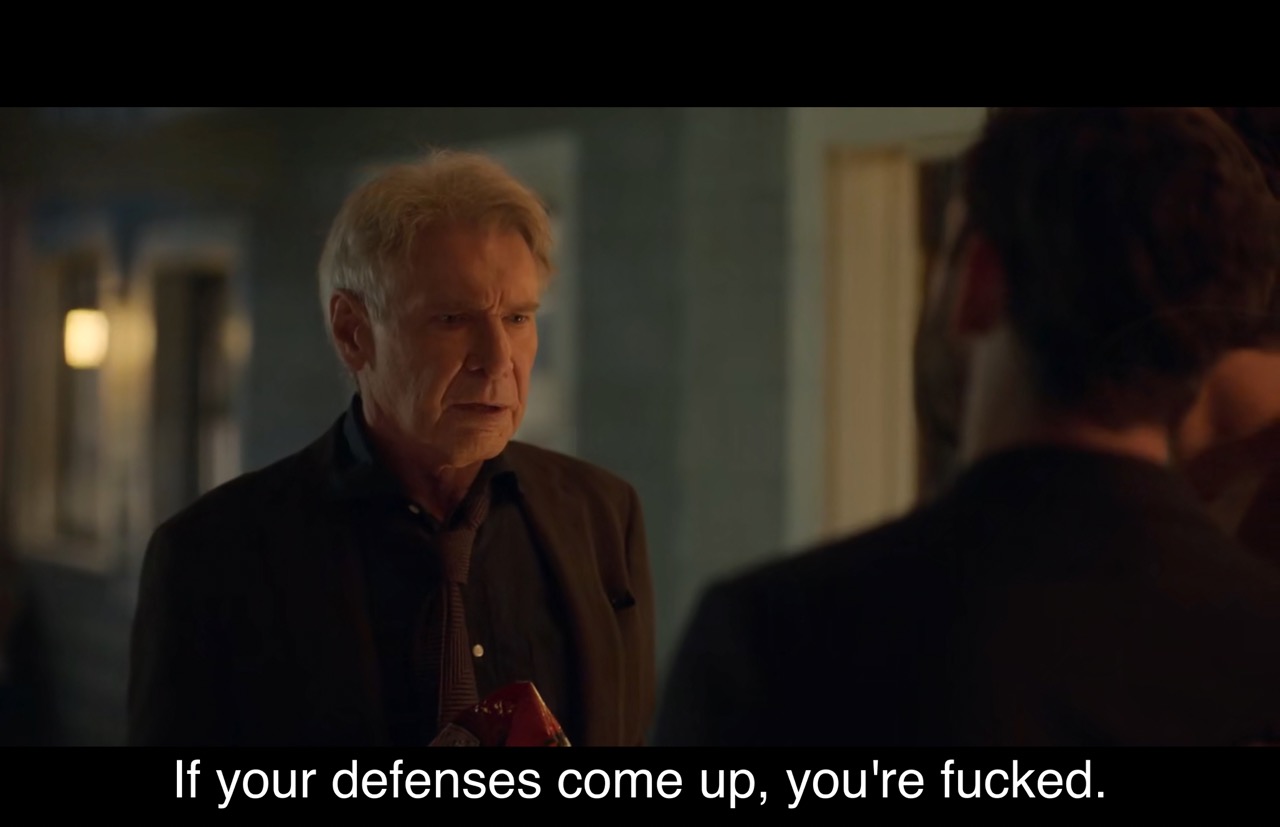Let’s attempt to paint what democracy is through its various characteristics and facets. Let’s also talk about the negative space. Understanding what democracy isn’t will help us see the limits of our definition and descriptions.
Democracy is not a recipe; it is not a set of rules, which once we apply, we will be able to make decisions that everybody is happy with. To achieve democracy we need to constantly revise our rules to make sure everybody is included in the decision-making process.
Democracy is an achievement: it is the victory that everybody’s opinions were heard, everybody’s concerns were listened to, everybody’s fears were understood, and everybody agreed that X is the best course of action amongst all—even if not ideal—in practice most definitely not ideal—but it’s the best we can do.
Democracy is the process in which we reach consensus. We do that by everybody sharing, in public, their subjective experience on each matter. Then, everybody listens empathetically, and suggests a solution that will satisfy a part of everybody. I use “then”—temporality is important. Time is a significant dimension of the consensus building process and of democracy; something we often fail to consider. It is one of reasons that makes referenda tricky and even non-democratic. A referendum is just a snapshot of what people think at a random point in time yet what people think changes as fast as media/government/advertisers want it to. Thus referenda become easily distorted, as we have learned the hard way: if one spends enough money for targeted ads, the game turns purely into a game of money1.
Democracy is not majority wins2. Majority-based decision making is discriminatory against minorities. Everybody needs to agree that whatever decision we choose, that is the best, on average, for everyone. This is in contrast to a decision that is amazing for 51% and deadly for 49%.
Democracy does not require trust. On the contrary, democracy exists because there can be no trust between people. Lack of trust helps democracy because when no one trusts anyone, we all have to prove that the purpose of our actions is beneficial to everybody (or even just what we say it is).
Democracy is not technocracy. Expertise is optionally appreciated. Experts’ opinions might be valuable for everybody and everybody is able to decide by themselves if any expert opinion holds more weight for them. However, the experts own opinion does not hold more weight by itself. It could hold more weight if everybody agrees it does. But, someone with zero knowledge will always have equal say: this is the fundamental rule of democracy. This characteristic might look as if it unjustly downgrades the importance of scientific attestations but we should be careful here: Thomas Kuhn in “The Structure of Scientific Revolutions”, shows that it’s impossible for our subjectivity not to leak into science. More specifically, it’s impossible to be objective when choosing which scientific theories we pursue to prove. In other words, we cannot completely separate politics from science3.
Democracy is not about finding the best decision. Democracy is about finding the decision that everybody is happy with. If a decision is clearly better, everybody needs to understand why; if they do they will argue in favour of it. If not everybody argues in favour of a better decision, and the decision passes, then we don’t have democracy, we have oligarchy: smart people (the few) ruling over everyone.
Interestingly, these cases depend on at least one thing we take for granted even though it’s so perversely not: most times it is impossible to know if one decision is good, let alone best.
Inevitably, it is this Socratic realisation that makes democracy make sense. Our lack of knowledge, our doubts, our bad predictions of the future render everything meaningless except for one thing: understanding and caring for the needs of everyone.
Democracy is about this above realisation and two of its consequences:
-
Because we don't know—and we can't know—our collective actions must happen after thoughtful and careful steps.
-
Even though we don’t know—and we can’t know—we are still responsible for our actions—even if they are lack of actions. It is for this reason that we must act. Because if we do not act, worse things will happen4. If they do, we might be able to hide behind our non-actions. But that’s just unquestionably uncool.

-
The 2016 Brexit referendum in the UK and the 2015 Greek bailout referendum are two prime examples that the existence of a referendum does in no way necessitate the propagation of democracy. ↩
-
The phrase “tyranny of the majority” introduced by Alexis de Tocqueville in his book Democracy in America describes this concept. ↩
-
The replication crisis is another facet of human bias leaking through with us being unaware. ↩
-
The Trolley problem is a prime explanation of what I want to say yet it’s too abstract and pure to accurately illustrate reality. Ignoring the abstractness and purity, though, what I mean is: we should always pull the lever, even if that means going to jail. In other words, we should always strive for the decision that works best for everyone even if we end up being wrong and people blame us. ↩